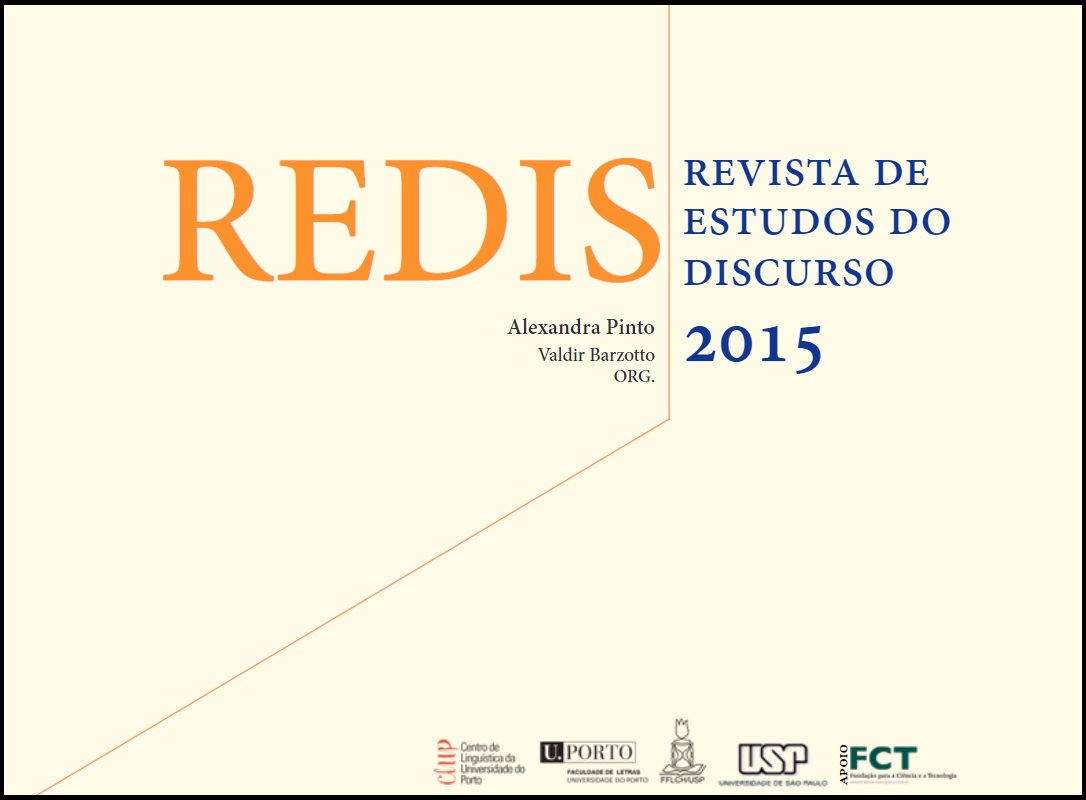Um ordena, outro obedece: o poder disciplinar no discurso das teorias clássicas da administração
Abstract
This article analyses the notions of power in the discourse of Classical Theories of Management, in order to identify probable relations between the language used in the organizational sphere and the socio-political context. This study is relevant because of the possibility of unveiling conceptions of power in the discourse of these widespread theories in the academic and scientific circles. The theories on which the analysis was supported were the Critical Discourse Analysis - ACD, especially the studies of Fairclough (2001a, 2001b, 2003), Chouliaraki and Fairclough (1999), and authors that deepen the concepts of power, domination, ideology and hegemony, such as Foucault (2002, 2005, 2011) and Thompson (2011). It is a qualitative and documental research that examines twelve snippets that constitute important concepts and principles of the Classical Theories basing on the Social Discourse Theory, investigating the vocabulary focusing on both the meaning of the words and lexicalizations and also in the metaphor. It was found that the notion of disciplinary power or domination permeates the elected vocabulary by Taylor and Fayol, and that this choice is related to the context of the capitalist industrial society of mechanical base, which favors the maintenance of hegemony within organizations.
Downloads
Published
How to Cite
Issue
Section
License
The authors give to REDIS. Revista de Estudos do Discurso the exclusive right to publish its texts, in any medium, including their reproduction and sale in paper or digital format, as well as their availability in a free access regime in databases.
















